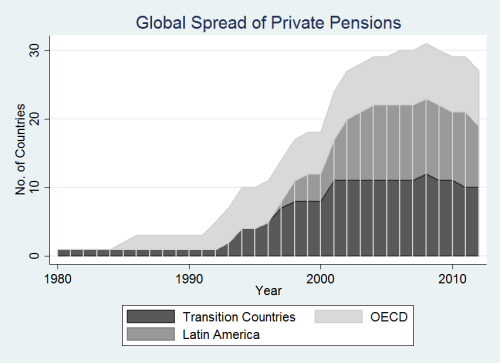Every year I get a lot of inqueries how to apply to our program. Unfortunately, I cannot give individual advice for two reasons: first, there is simply too many potential applicants who seek advice; second, answering some of them would give an unfair advantage. So please consult our websites to look at the official criteria.
However, I do see that especially overseas students lack some previous experience and a kind of subtle insider knowledge most European or North American students would possess. To level the playing field somewhat, here are some recommendations.
1.) The statement of purpose is very important. The more specific and concise you are the better. Generic statements such as ‘My dream is to serve in presidency of my country’ do not tell much. Give specific reasons why WBS, why this institution. The more you can link to specific courses offered, people at WBS the better. The more you can give us an idea about specific interests, future goals, the better.
2.) Formats of CVs vary dramatically across countries. At WBS we accept all major formats, but do remember: the better and easier it is for those selecting the students to get the relevant info, the better. Just imagine: we have to go through 100s of applications. The easier it is to get the most important info the higher you will end up on the pile.
3.) Some main interests of ours: describe your overall grade, if you have a GPA report it, quickly give us an idea what a good grade consists of in your country; don’t list endless numbers of minature events, activities, but focus on your most important ones (usually full-time, relevant for public policy etc.), putting other stuff into a minor category etc.; writing samples or links to publications etc. are an added bonus.
Do you like these hints? Let me know.
AK

